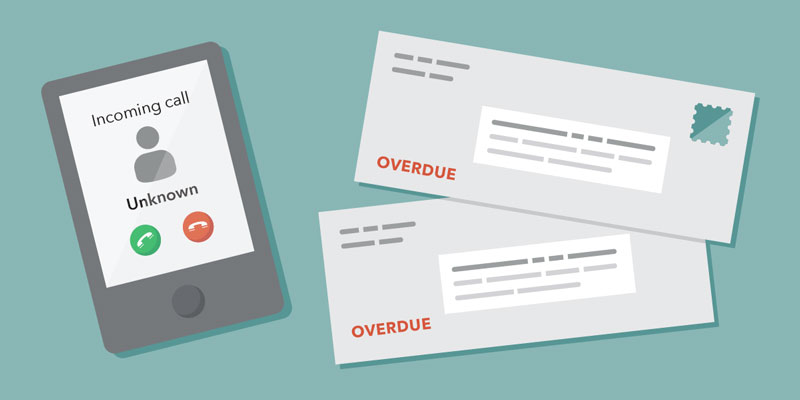Average Auto Loan Interest Rates Based on Credit Score
Finance costs are a major consideration when purchasing a new vehicle. Cost of financing depends on a number of elements, one of which is your credit score. Lenders will use your credit score to calculate the interest rate they will charge you for a loan. Your interest rate will be lower if you have a better credit score and higher if you have a lower credit score. To help you budget for your next automobile purchase, this article will compare typical interest rates on auto loans based on credit score.
Credit Score Ranges
Credit scores can range from 300 to 850, with higher scores indicating a better credit history and lower risk to lenders. Lenders use several credit scoring models, but the most commonly used is the FICO score. FICO scores are calculated based on five factors: payment history, credit utilization, length of credit history, new credit accounts, and credit mix.
For this article, we will use the following credit score ranges:
- Poor: 300-599
- Fair: 600-699
- Good: 700-749
- Very Good: 750-799
- Excellent: 800-850
Average Auto Loan Interest Rates Based on Credit Score

The average car loan interest rate varies greatly depending on your credit score. Lenders typically offer lower interest rates to borrowers with higher credit scores, as they are seen as less of a risk. On the other hand, borrowers with lower credit scores are considered higher risk and are charged higher interest rates to compensate for that risk.
Here is a breakdown of the average car loan interest rates by credit score:
- Poor: 11% - 17%
- Fair: 7% - 11%
- Good: 3% - 7%
- Very Good: 2% - 4%
- Excellent: 1% - 3%
It's important to note that these are average interest rates, and your actual interest rate will depend on several factors, including your lender, the type of loan you choose, and the amount you borrow.
Factors That Affect Your Car Loan Interest Rate
In addition to your credit score, several other factors can affect your car loan interest rate, including:
Loan Term
The longer the loan term, the higher the interest rate will be. This is because the lender is taking on more risk by lending you money for longer.
Loan Amount
The larger the loan amount, the lower the interest rate will be. This is because the lender can spread the risk over a larger loan, making it less risky.
Loan Type
Different types of loans have different interest rates. For example, a secured loan (such as a car loan) typically has a lower interest rate than an unsecured loan (such as a personal loan).
Lender
Lenders will offer different interest rates, even for the same loan type and credit score. It's important to shop around and compare interest rates from several lenders to find the best deal.
Loan-To-Value Ratio
The loan-to-value (LTV) ratio is the loan amount divided by the car's value. The higher the LTV ratio, the higher the interest rate will be. This is because the lender is taking on more risk by lending more money than the car's value.
Tips for Getting the Best Car Loan Interest Rate

To get the best car loan interest rate, consider the following tips:
- Improve your credit score by paying bills on time and reducing debt.
- Shop around for the best interest rate by comparing offers from multiple lenders.
- Negotiate the interest rate with the lender.
- Opt for a shorter loan term, as longer terms often result in higher interest rates.
- Make a larger down payment, which can lower the loan and interest rates.
- Consider the total cost of the loan, including fees and insurance, to determine affordability.
- Choose a loan with a fixed interest rate rather than an adjustable rate to avoid rate changes over time.
By following these tips, you can secure the best car loan interest rate and save money over the life of the loan.
Conclusion
In conclusion, your credit score plays a major role in determining the average car loan interest rates you receive. It is crucial to improve your credit score to secure a lower interest rate, which can save you a significant amount of money over the life of the loan. Before applying for a car loan, you should obtain a copy of your credit report and take steps to correct any errors or improve your score. Additionally, comparing offers from multiple lenders is important to find the best deal. By understanding the relationship between credit score and car loan interest rates, you can make an informed decision and secure a more affordable loan to finance your next vehicle.



